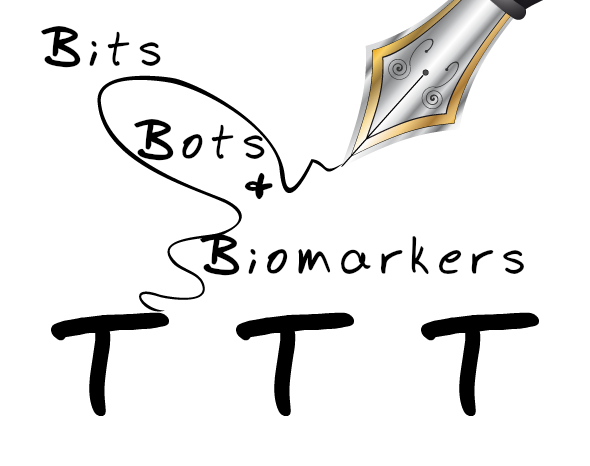3 Questions. 3 Hints. 3 Answers.
September 15, 2015
1. What recent scientific push makes embryonic stem cell research concerns pale in comparison?
Hint:

Answer: science and ethics experts are calling for the green light to proceed with in-vitro embryonic genome editing — stopping short of creating a viable human being. The technology, CRSPR-Cas9, is said to be precise and effective. It would no doubt provide valuable medical information leading to great advancements. However, it could also have far-reaching consequences that should be addressed while the light is still red or yellow — just in case the application of the technology gets ahead of itself with the premature creation of designer babies. Read more here.
2. Next thing you know, one of these guys will be demanding a country club membership…
Hint:

Answer: we are talking about the robot on whose behalf the necessary paperwork was filed for a Screen Actors Guild membership. It is not clear whether the Guild will convey membership status to the robot, but it could be the new reality. So stay tuned and read the details here.
3. In the near future, when asked to “sign here” just give them this:
Hint:
Answer: your gene signature! A gene signature has been developed by a team of scientists to determine “biological age” and predict certain diseases, such as Alzheimer’s, before onset. For individuals who do not have a high “healthy age gene score” the hope is that the signature information will be used in part to prescribe early treatments to ward off or minimize the impact of disease if and when it eventually arises. Read the story here.
















